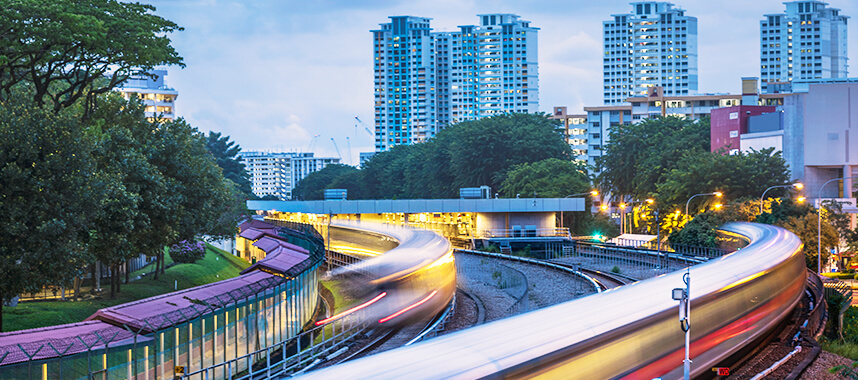At the heels of the recent surprise property curbs set out by the government, top Singapore's Real Estate executives from the largest developers are now speaking out to align the public’s expectations and perception.
The latest cooling measures to mitigate the increase in private property prices include adjustments in the Additional Buyer's Stamp Duty (ABSD) rates, affecting both buyers and developers. Also, the loan-to-value (LTV) ratio was brought down by 5% across the board.
While there have been speculations for a significant decline in Singapore's Real Estate property stocks, Singapore's Real Estate property developers are unperturbed and even consider these government measures to be necessary for terms of addressing the current climate of Singapore’s real estate industry.
Last week’s announcements for the cooling measures paved the way for a euphoric housing market as investors, real estate agents and house buyers scrambled to beat the deadline.
GuocoLand Group CFO Richard Lai says that there have been adjustments in ABDS rates before to slow the market down and manage en bloc sales.
Back in February, the government has also raised taxes on buying homes beyond $1 Million in an attempt to limit apartment sales that have skyrocketed according to the central bank.
This has resulted in a rebound in home prices, resulting in developers being more aggressive in land bids.
The government’s latest step in cooling Singapore’s real estate market includes increasing the ABSD from 15 to 20 percent for foreign purchases of residential property and residents who will opt for purchasing a second home.
The surge is higher for entities buying Singapore’s real estate residential properties for development, effectively increasing the ABSD from 10 percent to 25 percent.
Smaller developers are dismayed by what they call as prematurely solving a problem that is not entirely a problem in itself.
It has only been less than a year since Singapore’s real estate industry has bounced back from abysmal financial performances in previous years.
The added charges might scare of both foreign and local buyers and would eventually cause the stagnation of property prices by end of 2018.
Margaret Yang, an analyst at CMC Markets Singapore Pte. added that "Property developers who invested heavily in recent ‘en-bloc' sales are now facing more pressure in timeline and cash flow."
The LTV tightening will also impact local first-time home buyers, who might go for HBD flats since these are publicly governed and developed.
About 75% of condos purchased since 2017 are below the $1 Million mark, so property buyers aren’t really going for the higher end properties.
The 5% additional upfront payment would be quite the leap for some investors looking for their first property.
However, developer executives are still fairly optimistic and believe that Singapore’s real estate market crash is unlikely.
Though the ABSD increase may impact locals who are planning to purchase their first homes and even other land developers, this effect is transitory as there are numerous antecedents that influence foreign investments in Singapore’s real estate properties.
After all, Singapore’s strategic location and robust market transparency are still favorable precursors for foreign investment.
Also, Singapore’s ABSD increase is still considerably lower than neighboring commercial and gateway cities in Asia, such as Hong Kong and may attract foreign investors from that spectrum.
CapitaLand’s Group CFO Andrew Lim also thinks the effect of the latest ABSD hike is fleeting given that previous cooling measures were quickly proven powerless after the first ABSD adjustments were introduced in 2011.
“So I would say we are an architect of our own situation. The regulators have seen this threat and are trying to nip it in the bud in its infancy,” said Mr. Lim.
Top developers are still looking into implementing strategic countermeasures to the increased property fees.
They echo that property location and adaptability to changing policies and measures are still key in wrestling the latest real estate challenges.
Given that Singapore is the most transparent market in all of Asia, foreign investments will normalize market perception and prevent it from going back to a slump.
Subscribe to our email list to have the latest real estate hacks and helpful tips delivered straight to your email.

Submit your details below and we’ll get Back to you within 24 hours
